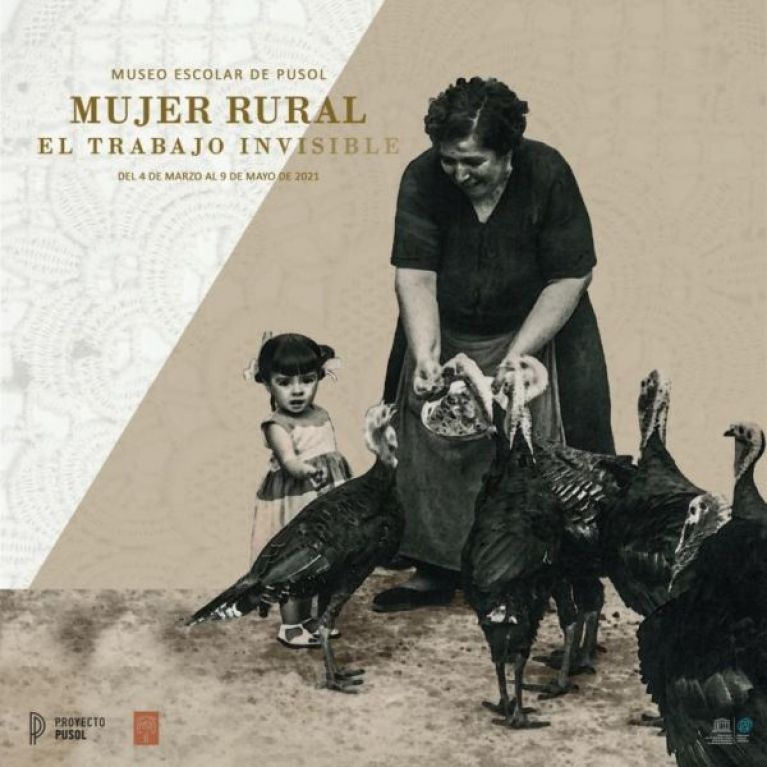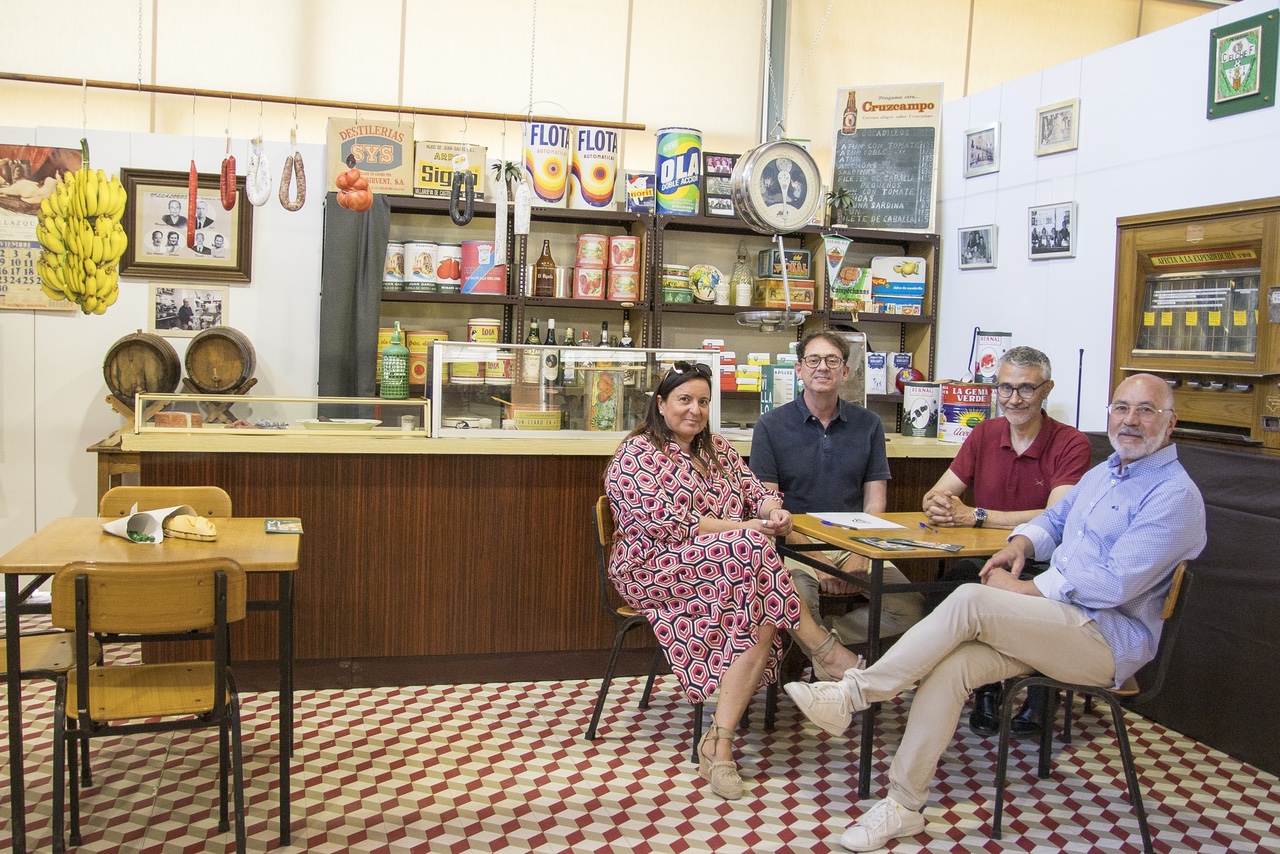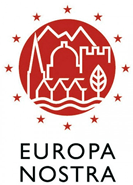Rural woman, the invisible job
From March 4 to May 9, 2021
This exhibition focuses on recognizing the invaluable work that women have traditionally performed in the countryside, whose presence often goes unnoticed when talking about rural areas.
Set at the beginning of the 20th century, the exhibition presents a central figure, symbolizing the woman from Camp d'Elx, surrounded by a selection of elements that show only part of her reality: the many tasks she had to face to meet the needs of the home.
Historically relegated in society as a whole, women have traditionally been considered the center of the family, their primary task was to marry and have children, above any other issue.
The relevance of rural women in society has always been subject to their role as mother and wife, with the responsibility of educating their children falling on their shoulders, ensuring demographic and cultural continuity in the rural environment, considering themselves a complement necessary for man to carry out his work and for society to prosper. As much as her effort and work was, she has always been considered "a help to the head of the family".
This description summarizes, albeit from a certain distance (of class, gender, training), the endless work that rural women have carried out within the family, the house and the farm:
“In the country, the woman governs the house, prepares the clothes and the food, and raises her children like the city woman, but she also performs very important functions that she is free from. She takes care of the barnyard animals and frequently of the beasts of work; she cultivates or cultivates the garden and orchard next to the house; she is the one who carries out almost all the purchases and even almost all the sales, and she is always an active collaborator of the man of the country in all his works and in all his companies».
Marti Alpera, F. (1911). rural schools. Girona: Dalmau Carles.
Although the main occupation of women in the Camp d'Elx has been that of housewife, the work linked to the footwear industry, mainly at home, extended throughout the 20th century, a fact that was still considered a complement to the family economy, eminently agricultural:
"Throughout the year the mother, as a housewife, and the daughters, if there are any, sew the clothes, wash and fix the domestic animals of the house, they also do chores, such as making hemp rope for the soles of the shoes. espadrilles, an industry that is found in Elche, and work is distributed to women from the countryside and from the city».
Pusol School Museum Archive. (c. 1990), unpublished.










